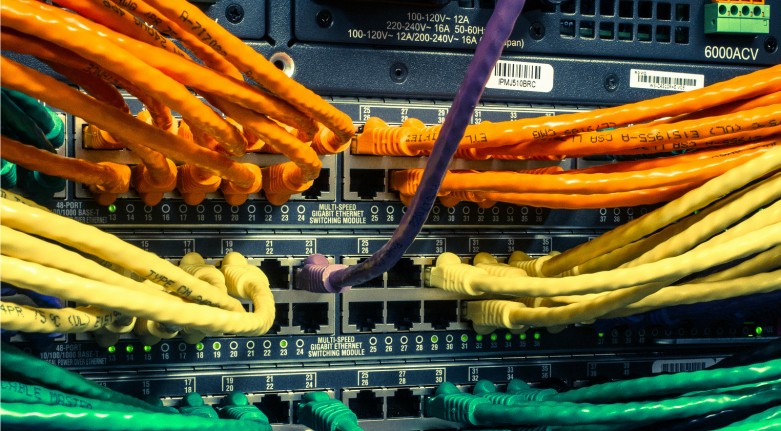
Comcast and Charter Are Behaving Badly --- and Doing Quite Nicely
It’s a good time to be a cable company.
As broadband and cable service providers report their 2015 financial results, we’ve been watching the numbers roll in — and they’re shaping up quite nicely for companies like Comcast and Charter.
Comcast invested more in its network than in any year prior and saw its highest-ever yearly revenue. Charter grew its Internet customer base by nearly 10 percent and reversed earlier declines in video subscribers, maintaining its spot as “the fastest-growing cable company in the United States,” as CEO Tom Rutledge put it.
But Comcast and Charter would like some more, please. Specifically they’d like to roll back Net Neutrality protections, subject you to arbitrary data caps and overage fees, and force another debt-ridden cable merger through the FCC.
Why? Let’s break it down.
Cable companies have long bemoaned the implementation of real Net Neutrality rules under the section of the law governing two-way communications networks, predicting apocalyptic results for the broadband industry. Comcast VP David Cohen was one of many who claimed that a return to the FCC’s Title II authority “would harm future innovation and investment in broadband.”
But Comcast spent more than $7 billion in capital expenditures in 2015, up 14 percent over the previous year. As most analysts and common sense predicted, there has been no evidence of investment harms. So why are cable companies still complaining about Net Neutrality? Because they’d like to charge you extra to travel in online fast lanes — something the FCC’s Open Internet Order prohibits.
Charter has been pushing to merge with Time Warner Cable — a deal that would create a new company roughly the size of Comcast. Charter claims this would benefit consumers by allowing the company to provide better service.
But Charter is doing great on its own. Revenues have increased by $427 million over the past year, marking the highest absolute growth in Charter’s history. The company also reports that “standalone Charter continues to get more efficient.” The only dark spot on this glowing report card is the $1.3 billion Charter had to spend on debt interest in 2015 — far more than it spent on network infrastructure.
So why is Charter willing to take on an additional $27 billion in debt to merge with Time Warner Cable? Our analysis suggests the only real benefit Charter could gain is expanded market power, which would allow it to raise rates on its captive customers.
Comcast, meanwhile, has decided to raise rates by slowly rolling out data-usage caps and punitive overage fees in several test markets, with a plan to eventually expand these caps and fees to the company’s entire service area. Comcast admits that these caps don’t serve any technological purpose, such as controlling congestion, which is nonexistent on Comcast’s network. That Comcast exempts its own streaming video service from these caps makes this abundantly clear.
In light of the ever-increasing and monopoly-level profit margins Comcast has earned in the years since it suspended its nationwide cap, it’s also clear that the caps and fees serve no legitimate economic purpose. Comcast’s best explanation is that these arbitrary limits and fees aren’t about protecting its legacy video business model, but merely about “fairness.” The company seems to think that it needs more revenue to provide service, and that it’s “fairer” to have heavy-data users bear more of that burden.
But with the banner year Comcast just had, the company doesn’t need to raise rates on anyone (as it’s done by increasing subscription prices and modem-rental fees) — much less impose these new draconian penalties on its customers.
Comcast’s record-high operating revenues for both cable communications and high-speed Internet, along with its impressive subscriber growth, show that data-usage caps serve no legitimate business need. Instead they serve only to discourage subscribers from using their Internet connections for high-bandwidth activities, such as watching online video that might compete with Comcast’s cable offerings. In the process, data caps also effectively raise prices by charging cash-strapped customers for the privilege of using the connection they’ve already paid for.
Comcast and Charter act like they need to implement data caps, buy competitors and roll back Net Neutrality to provide adequate service, but that’s just not true. Big Cable remains a thriving, profitable business. Data caps and mergers are nothing more than monopoly behavior designed to wring even more profit from the public.
It’s time policymakers stopped listening to cable companies and started looking at the facts.